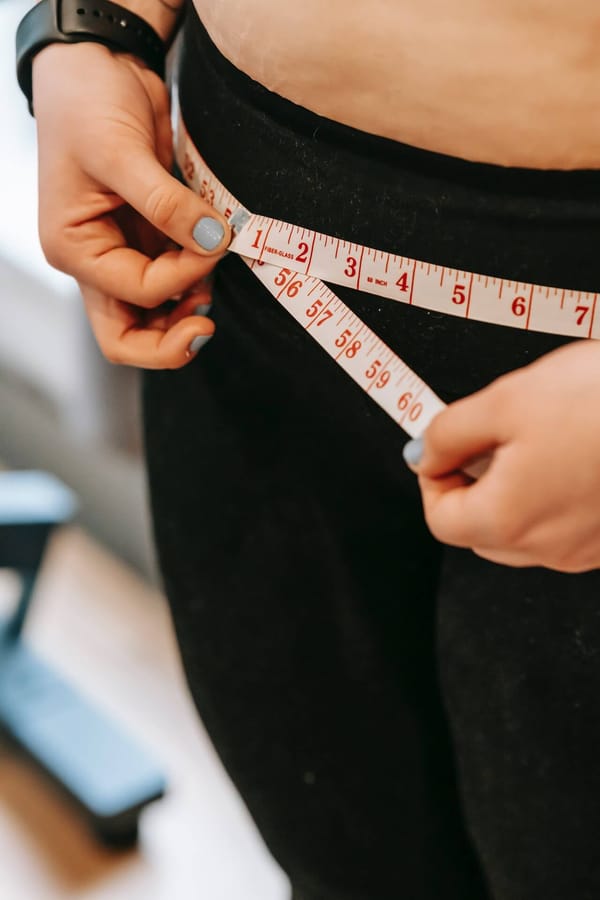Welcome back to parenthood! Following the intense experience of giving birth, your body is gradually reverting to its pre-pregnancy condition. Ovulation, the process by which an ovary releases an egg for fertilization, is one example of this. However, your menstrual cycle may be less regular now compared to your pre-childhood years. So how can you tell if you're about to ovulate again?
Whether you nurse your baby after giving birth affects when your ovulation occurs. Here's a breakdown:
- Non-breastfeeding mothers: Ovulation can return anywhere from four to six weeks postpartum as your hormones regulate.
- Breastfeeding mothers: Breastfeeding releases hormones that can delay ovulation. On average, it resumes between three to six months postpartum, depending on breastfeeding frequency and intensity.
Here are some signs to watch for that might indicate ovulation is back:
- Changes in cervical mucus: This can be a reliable indicator throughout your cycle, not just postpartum. Around ovulation, cervical mucus becomes thin, clear, and stretchy, resembling egg whites.
- Basal Body Temperature (BBT): Taking your temperature first thing upon waking each morning can show a slight rise (0.4-1°F) around ovulation. This method requires consistency for accurate interpretation.
- Ovulation pain: Some women experience mild pelvic pain or twinges on one side of their abdomen during ovulation. This is called mittelschmerz and is caused by the ovary releasing the egg.
- Painful or sore breasts: Breast tenderness can occur before or during ovulation, similar to pre-pregnancy cycles.
- Increased sex drive: A natural rise in libido around ovulation is a common experience for many women.
Important to Remember:
- You can ovulate before your first period returns postpartum. This means you can get pregnant even if you haven't menstruated yet.
- These signs are not foolproof, and everyone may not experience some.
Planning Your Next Step:
If you're trying to conceive again, familiarizing yourself with these ovulation signs can be helpful. There are also ovulation predictor kits available at pharmacies.
On the other hand, if you're not ready for another pregnancy, discuss birth control options with your doctor. It's crucial to have a reliable method in place, especially if your cycles are irregular postpartum.
Remember, every woman's body recovers differently. Don't hesitate to consult your doctor if you have any questions or concerns about your postpartum cycle and ovulation.




